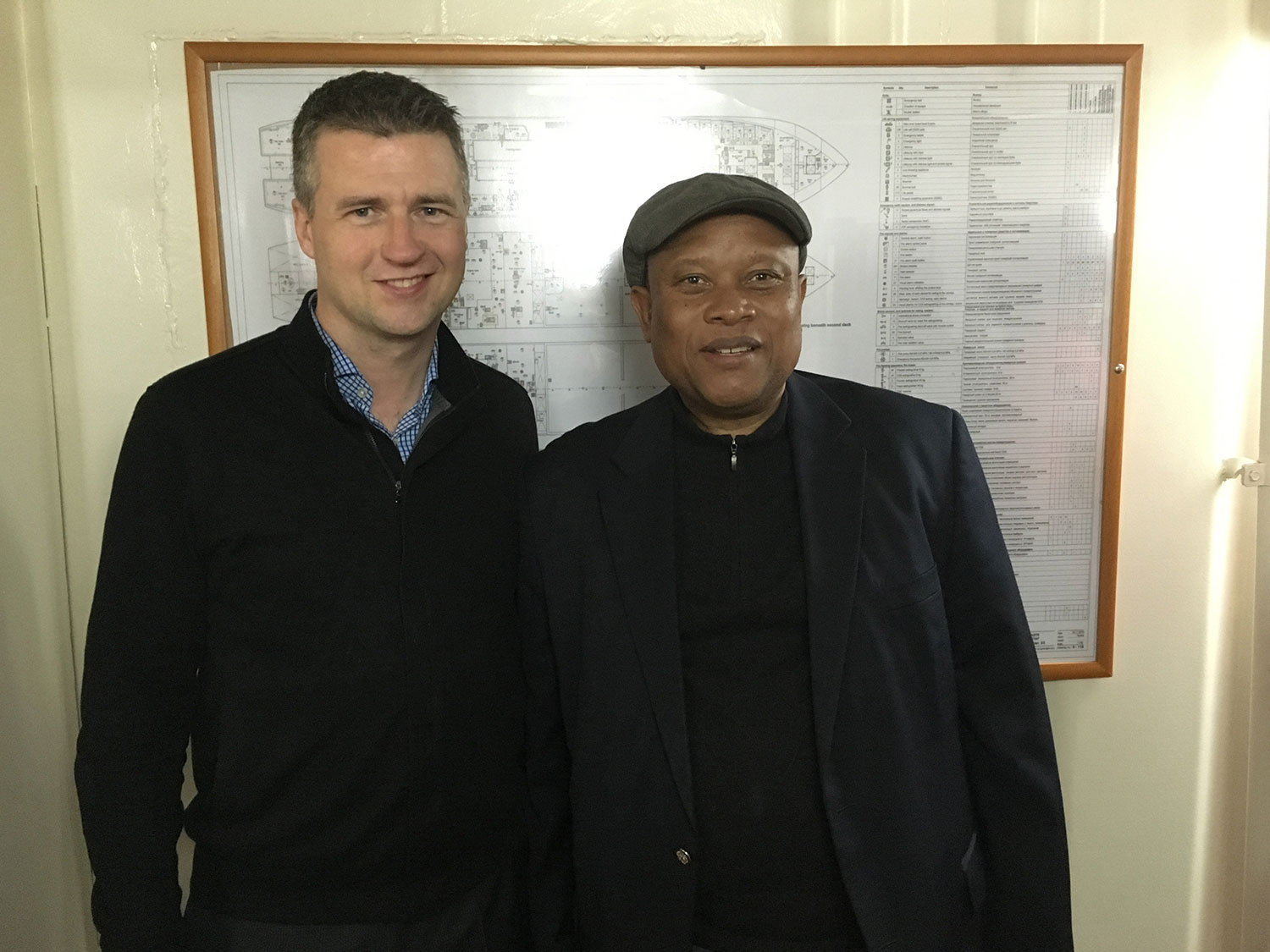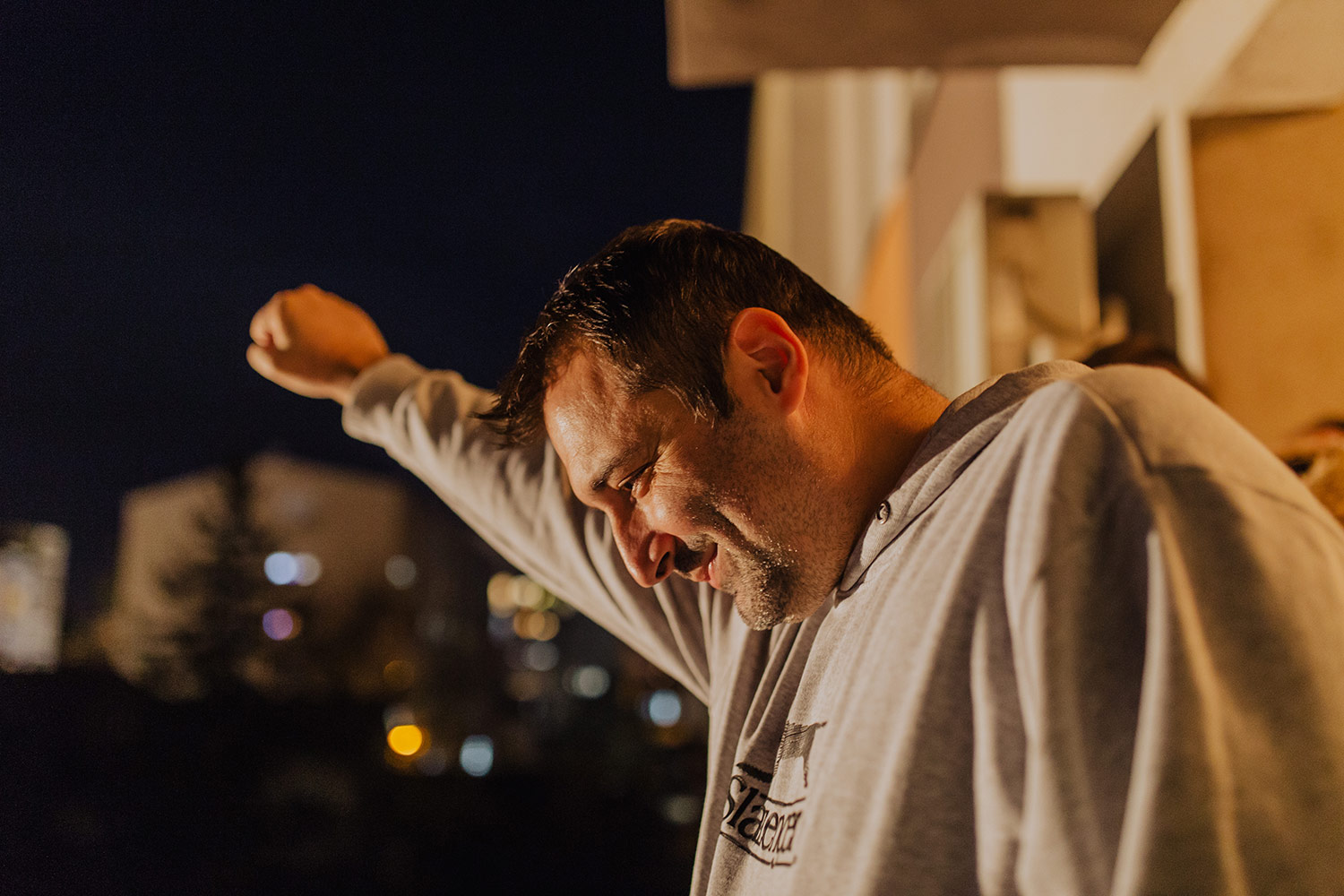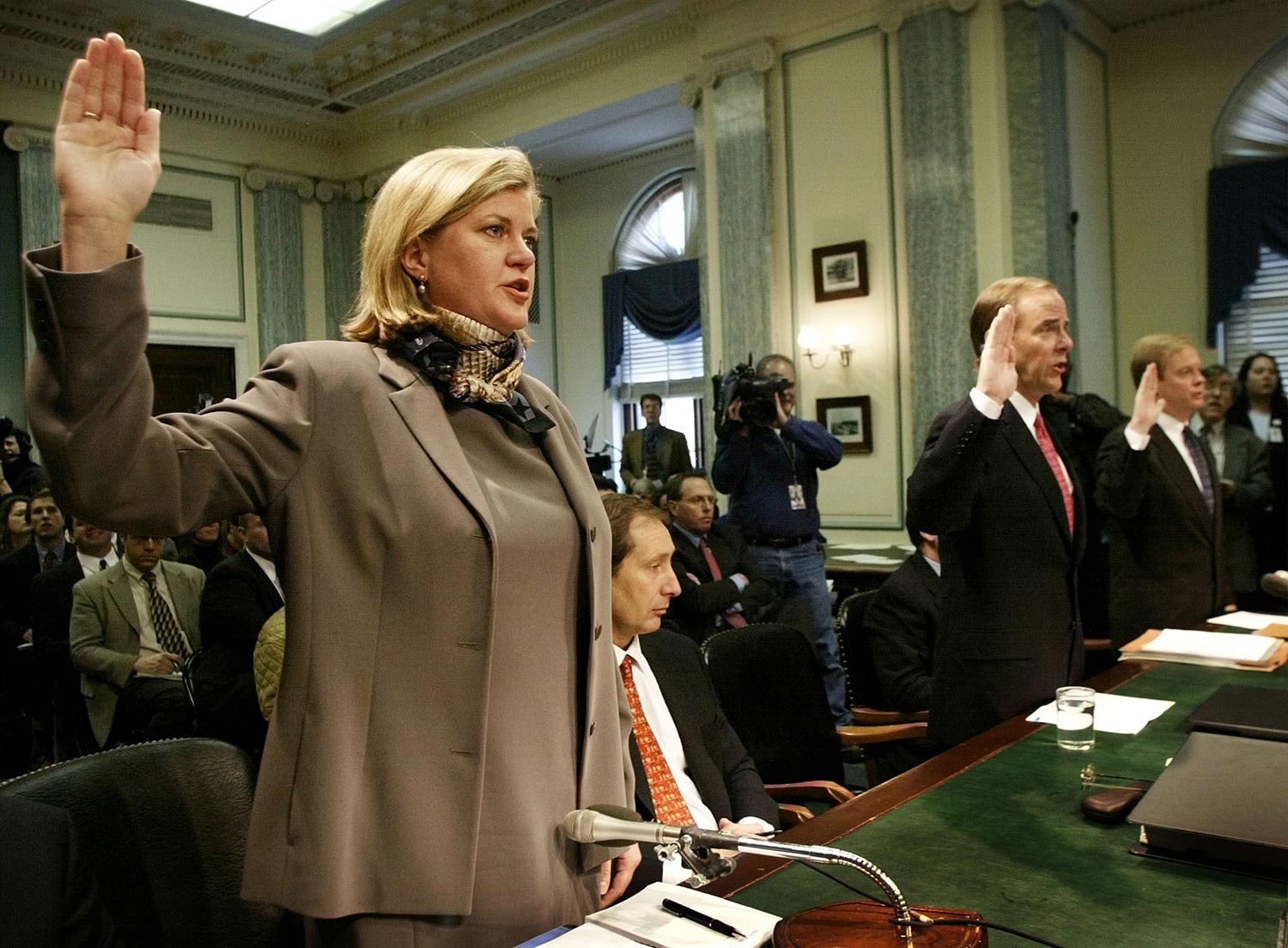“I used to work for the government,” begins Edward Snowden’s autobiography, “but now I work for the public.”
Snowden became the world’s most famous whistleblower in 2013 after leaking a trove of top-secret documents that showed the U.S. National Security Agency was conducting mass surveillance of Americans at home and foreign officials abroad.
Now living in Russia, he remains a controversial figure. To some, including the U.S. Justice Department, which has filed charges against him, he’s a traitor. To others, he is the hero who exposed “the shocking extent of global mass surveillance.”
Snowden’s is just one of many high-profile whistleblowing cases in recent years. Ex-U.S. military analyst Chelsea Manning gained notoriety after releasing hundreds of thousands of documents via Wikileaks, and it was a report from inside the U.S. intelligence service that triggered impeachment proceedings against President Donald Trump.
These revelations had huge repercussions for those in power. But they also came at immense personal cost: Snowden fled his homeland, while Manning spent nearly seven years in jail. Trump outed the whistleblower who reported him by posting their name on Twitter.
OCCRP spoke to three people who have alerted the public to wrongdoing by the rich and powerful. They described an experience both traumatic and transformative, altering their lives in ways they could scarcely have imagined before.
Brita Bjørkelo, a psychologist at the Norwegian Police University College who has studied whistleblowers, said reporting immoral or illegal activity often forces people to question their own assumptions about what justice looks like.
“All of those foundational beliefs about the way the world works, they’re effectively shattered,” she explained.
Many countries don’t have laws protecting those who blow the whistle, leaving them vulnerable to arrest and attack. Even among states that do, people still experience reprisals for coming forward.
Jacqueline Garrick, founder of Whistleblowers for America, routinely supports people targeted for raising the alarm.
“It’s common knowledge that exposure to a traumatic event among combat veterans can lead to PTSD,” she said. “What people have a harder time grasping in the context of whistleblowing is that the serious injury is very often to someone’s identity.”
Becoming a whistleblower can destroy a career. Irvin McCullough, an advocate with the Government Accountability Project, said his advocacy group advises prospective whistleblowers to consult with their families before taking the plunge.
“There’s really nothing more isolating [than] being at a workplace where no one likes you, and all of your colleagues and friends have turned against you,” he said.

Fishrot: Jóhannes Stefánsson
In late 2019, Jóhannes Stefánsson, then head of Namibian operations at Icelandic seafood giant Samherji, exposed one of the biggest corruption scandals ever to hit the global fishing industry.
More than 30,000 confidential documents he released via WikiLeaks revealed how the company allegedly bribed top officials for privileged access to Namibia’s waters, an affair now known as the Fishrot scandal.
Later investigations by OCCRP and Finance Uncovered further found Samherji avoided taxes by shifting profits out of Africa to low-tax jurisdictions like Cyprus and Mauritius. Our partner, The Namibian, also identified 27 properties worth more than $2 million bought by five principal figures from the scandal at the time the scheme allegedly took place.
“Samherji milked the Namibian economy and hid away all of their illegal profits. They have robbed the Namibian people, and they must face justice,” Stefánsson told OCCRP.
He claims there’ve been multiple attempts on his life since leaving the company. He’s been in hiding, under protection, since 2017.
Stefánsson said he was poisoned, “systematically… by someone close to me” after he left the company, adding that he still struggles with his health as a result. A doctor’s letter he provided confirmed he had been receiving treatment since February 2017 “for symptoms, possibly related to late effects of poisoning” that had left him unable to work.
The whistleblower has repeatedly claimed he was threatened by Namibian elites after coming forward. He said there have been several attempts to break into his home, and he and his security detail were almost forced into a shootout with gangsters one night in Cape Town.
Stefánsson said there is a chance he will go to prison for the role he played in the bribery scheme, though as yet he hasn’t been charged in either Namibia or Iceland.
“I made my peace with that a long time ago,” he said. “I am in this with the Namibian people, for the Namibian people, all the way.”
Samherji dismissed Stefansson’s allegations of bribery at the company as “false,” describing him as a “disgruntled employee.” Spokesperson Margrét Ólafsdóttir said the company had conducted a nine-month investigation into the allegations this year, underscoring that no charges have been brought against the company or its employees.
“Samherji has gone to great lengths to investigate whether there is any truth in this narrative and has found that quite the opposite is true,” she said in an email to OCCRP.
Ólafsdóttir confirmed Samherjihad engaged in “tax planning” to mitigate its exposure, but said “tax mitigation strategies are used every day by businesses in every corner of the world.”
 Whistleblower Aleksandar Obradović gestures to protesters demanding his release from a balcony of his home where he was held under house arrest. (Credit: Djordje Djokovic)
Whistleblower Aleksandar Obradović gestures to protesters demanding his release from a balcony of his home where he was held under house arrest. (Credit: Djordje Djokovic)
Serbian Arms Sales: Aleksandar Obradović
In picturesque Valjevo in the west of Serbia, the Krušik arms factory produces an impressive range of weapons, from hand-grenades and mortar shells to aircraft bombs and anti-tank landmines.
One day in September 2019, police and state security arrived in a convoy of jeeps to arrest one of the plant’s managers on suspicion of disclosing trade secrets. If convicted, he faces 10 years in prison.
Aleksandar Obradović’s story in fact began five years earlier, when a member of the ruling Serbian Progressive Party was appointed as general manager of the factory.
The new chief soon started clashing with staff, creating what Obradović called an “atmosphere of tension and fear” on a site of 3,200 people. In response, he began collecting examples of mismanagement, which graduated to evidence of financial fraud once he was promoted in 2017.
A year later, BIRN reported that Branko Stefanovic, the father of Serbia’s Interior Minister, had brokered a deal for the Krušik factory to sell weapons to a Saudi company. The exposé cited documents showing Stefanovic had secured materiél from the plant at a rate described by one defence official as “unreasonably low, bordering on loss.”
Other reports revealed Krušik had allegedly manipulated sales records to hide its preferential treatment of Stefanovic’s firm, and that the munitions it sold had later found their way to ISIS fighters in Yemen.
Soon after, Obradović was outed as the source of the leaked documents. Amid media and public pressure, he was released from jail under house arrest, where he says he was then kept for more than two months. He says he was suspended from work on a quarter of his salary, and he remains under investigation by the authorities.
Obradović’s case has divided opinion in Serbia. Pro-government media claimed he was seeking revenge after his mother was fired from the factory, but many see him as a champion of the public interest and have protestested against his mistreatment.
Although, to date, no charges have been filed against him, Obradović said his world has been turned upside down.
“I am still an ordinary man with his virtues and flaws, who lives under stress and tension, who wants to protect his family and live as normally as possible under the circumstances,” he said.
“We are aware of where we live, and that under this regime, anyone who thinks differently meets only with pressure, degradation and blackmail.”
The Krušik arms factory did not respond to OCCRP’s request for comment on the case.
 The woman who brought down Enron, Sherron Watkins, is sworn in before giving her testimony to U.S. lawmakers. (Credit: REUTERS/Win McNamee)
The woman who brought down Enron, Sherron Watkins, is sworn in before giving her testimony to U.S. lawmakers. (Credit: REUTERS/Win McNamee)
Enron: Sherron Watkins
“I don’t know a whistleblower who has such a positive story as myself. It turned out relatively well for me. For many, it does not.”
Sherron Watkins was vice-president at a subdivision of Enron, once one of the largest natural gas and electricity providers in the U.S., when she stumbled across evidence its bosses were fooling regulators with fake holdings and off-the-books accounting.
In August 2001, Watkins submitted an anonymous memo warning CEO Ken Lay that the firm might have waded into deep scandal. Little did she know it would bring down one of the most powerful businesses in America almost overnight.
“I’ve often used the Titanic as a way of explaining what happened,” she said.
“It’s very hard for a company to survive when you’ve cooked the books to that extent. And the Titanic, for a while, it was going to sink. But the band was still playing, and people were walking around unaware of the danger.”
Meeting with Lay soon after the memo, Waktins was astonished by his apparent failure to grasp the severity of what Andrew Fastow, the company’s chief financial officer, had done.
“About 20 minutes in he looked up at me and said, ‘But Andy’s a good CFO right?” Watkins recalled. “My jaw just dropped. I’m sitting there telling him his CFO has been manipulating financial statements, and he’s asking if I think the guy is good at his job?”
Things unravelled quickly. Share prices spiralled as rumors began to circulate that Enron was in the deep. In October, the U.S. Securities and Exchange Commission announced it had launched an inquiry. By December, the company had filed for bankruptcy.
Lay’s first instinct was to fire Watkins — at the time, Texas had no protections in place for whistleblowers — but the company’s lawyers advised that would play badly in court.
Eventually, Enron went before a Congressional hearing. The testimony Watkins provided set a trail for prosecutors that led to the conviction of 21 people. Lay was found guilty, but died while awaiting sentencing.
While Watkins remembers outspoken hostility from senior executives, she also recalls support from rank and file employees. Press coverage was favourable too: she ended up sharing the cover of Time Magazine under the headline, ‘Year of the Whistleblower.’
Watkins knows that she was lucky, however. “I was put on this pedestal,” she said. “Too many are truly blackballed from their industry, and people don’t even know their names.”






